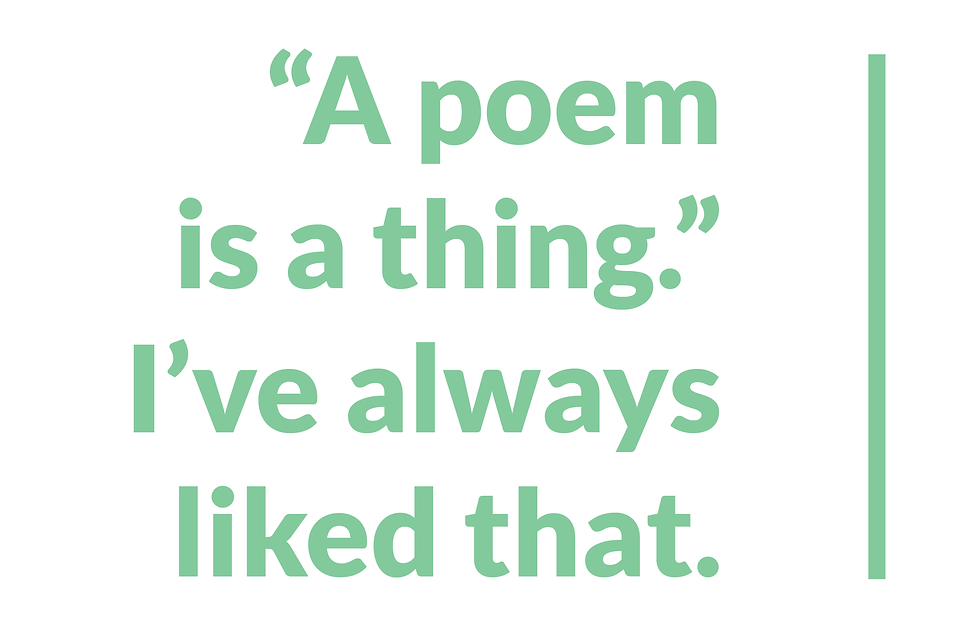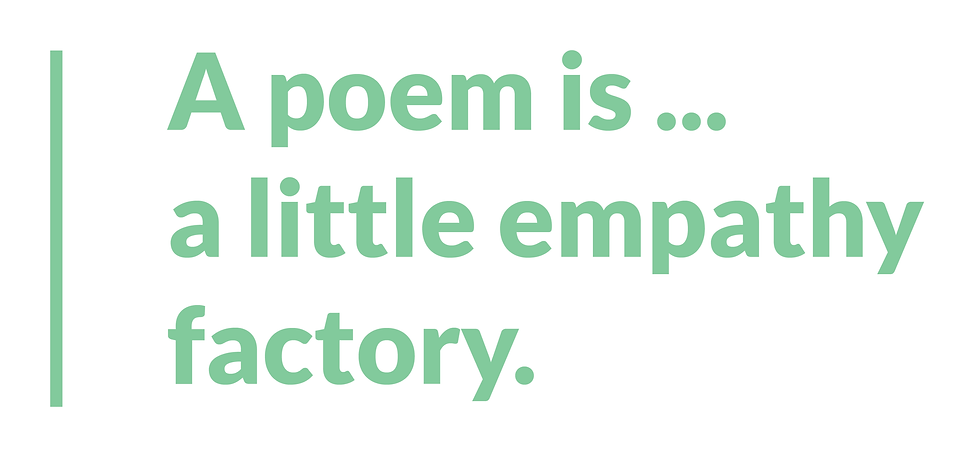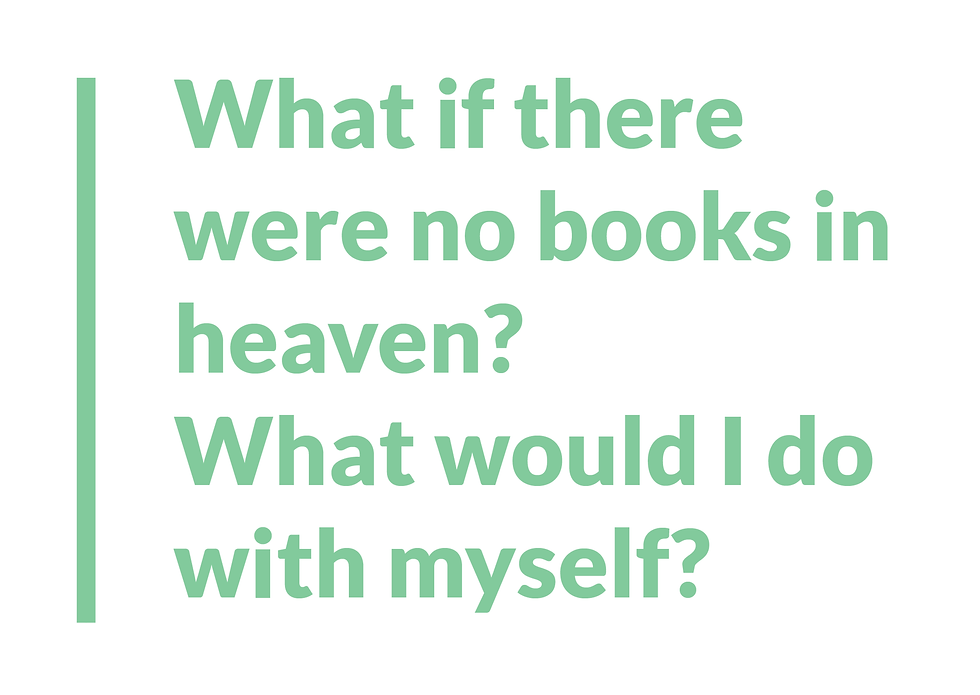February Feature: Kaveh Akbar
- Feb 20, 2017
- 7 min read

We are proud to present Kaveh Akbar as our featured artist of February!
Kaveh Akbar's poems are forthcoming in The New Yorker, Poetry, Ploughshares, Tin House, and elsewhere. He is the author of the chapbook Portrait of the Alcoholic (Sibling Rivalry Press), and his first full-length collection, Calling a Wolf a Wolf, will be published in Fall 2017 by Alice James Books.
Our review of Portrait of the Alcoholic can be found here.
Nicholas Nichols, our features editor, had the chance to interview Kaveh. Here’s what he said.
How’s your spirit been as of late?
Discouraged! But I’ve been trying to train myself to move from small gratitude to small gratitude.
Anne Carson was quoted saying, “If prose is a house, poetry is a man on fire running quite fast through it.” What would be your personal definition of poetry?
I like Carson’s a lot. I think it was Mary Leader who said “a poem is a thing.” I’ve always liked that. I wouldn’t want to narrow that definition.
What was your earliest encounter with poetry?
My parents have old poems I wrote in kindergarten. My first “published” poem was called “A Packer Poem.” I wrote it in second grade, and it appeared in the Oak Creek, Wisconsin newspaper. My mom is a huge word nerd, a Scrabble master. She taught me language was a place for fun. She’s the first poet I ever knew.

In your personal experience, what are people most misinformed about regarding poetry?
Its vitality at present, the fact of our living right now in this moment in an absolute golden age for verse.
Would you be kind enough to walk us through the process of constructing Portrait of The Alcoholic?
Sure. I got sober, and a few months later, once my wits had sort of returned, I began writing furiously, voraciously. It was part of figuring out how to be a person in the world again. I accumulated a huge pile of these poems over a couple years, then began arranging them. Portrait of the Alcoholic came from that process.
“The evidence of a successful miracle is the return of hunger.” In reference to the epigraph of your book: what is hunger?
Hunger the verb means “to have a strong desire or craving for.” I think you can extrapolate that outward pretty broadly.
In reference to your poem “Portrait of The Alcoholic with Home Invader and Housefly”: When did you fall out of love with clouds?
Hah! I like clouds just fine! It’s just wild to think about a cloud, something that seems effectively weightless, as actually being this enormously heavy thing. It makes sense, but it’s a wildness all the same.
here I am dying at an average pace envy is the only deadly sin that’s no fun for the sinner this makes sadness seem more like tradition loyalty to a parent’s past I try to find small comforts purple clover growing in the long grass a yellow spider on the windowsill I am less horrible than I could be
What state of mind does a person have to be to write something like this?
Desperate and unqualified surrender.
In reference to your poem “Being in this World Makes Me Feel Like A Time Traveler” you describe what a full stomach is in parts. Could you do the same for a poem?
Hah! I love this. One-third surprise, one-third music, and one-third silence seems like a tasty recipe.
In “Do You Speak Persian?” I couldn’t help but feel this immense loss that the narrator held in regards to losing parts of their language and reconciling the gaining of another. Could you speak on the emotional effect of writing in your second language and not your first?
In a room full of Americans, I’ve never felt fully American. In a room full of Iranians, I’ve never felt fully Iranian. I’m always missing some compositionally essential element of belonging. I’m still figuring out what to do with that. Marwa Helal said that she “learned her first language second,” and that’s more or less how I feel about English now.
You’ve recently tweeted a list of poems by poets who have ties to the countries that were banned by one of many Executive Orders signed by President Trump. What do you believe the role of poetry is in today’s political climate?
Poetry helps us listen. It helps us remember the potency of language. The great weapon used against critical thinking in 2017 is a raw overwhelm of meaningless language—poetry slows down our metabolization of language, and is therefore infinitely potent as a political weapon. A poem is also a portal into other lived experiences, a little empathy factory, which is hugely important today when the regime is asking us to ignore our native compassions.
Have you ever thought of considering a life in politics? And if not, why?
Nah, I think there are too many salacious stories (and pictures probably, oh god) floating around from my misspent youth. Though, I guess that didn’t really matter for Trump.

What do you think Donald Trump is afraid of?
Silence.
Where do you feel hate comes from?
Fear.
After reviewing your wonderful site Divedapper, I still wonder what led to you decide that it should be created. Was it as simple as wanting to do it?
A lot is that I just wanted to do it, yeah. It seemed like a good way to peek under the hoods of my heroes, to get to build miniature apprenticeships with the writers who’ve shaped the way I experience the world.
What does it take to create space for people as you have through your work?
The desire to do it. Honestly, that’s it. I didn’t inherit a platform. I was an unpublished poet working my way through an unfunded MFA when I started Divedapper. I had no money, no connections. I just wrote a lot of emails, made a lot of cold calls. Matthew Zapruder told me early on (while I was soliciting an interview from him) that if I took pride in my work and did my due diligence in getting the word out, the audience I needed would find me. I’ve found that to be very much the case.
What are the tenants of a good interview?
Know the work and remember you’re talking to a human being. Just talk.
Do you have a favorite interview—either one that you’ve conducted or one that you have read?
I have my favorite Divedapper interviews, of course. Max Ritvo’s meant a lot to me. He was a dear friend and a singular poet and I think our love for each other really came across in that conversation. It’s still difficult for me to read.
Regarding other people’s conversations, of course, there are many. Philip Metres and Fady Joudah talking for LARB. Anne Carson’s Paris Review interview. W.H. Auden in the New York Quarterly. Nikky Finney talking to Donika Kelly for LARB. Emilia Phillips talking to Diane Seuss for 32 Poems. I could go on. I love poetry interviews so much.
Fanny Howe is the author of Portrait’s epigraph, as well as one of your interviewees for Divedapper. How did you come across her work and what has impressed upon you most?
Oooh, good question. I don’t remember what the first Fanny Howe thing I read was, but I remember the first time I read Lives of the Spirit, it completely “took off the top of my head,” to mangle Dickinson. Her god-hunger, her yearning, her youthfulness and insistence on the sanctity of childhood—it was and is unlike anything I’ve ever read.
Who is part of your literary family tree?
Oh, it’s so big. Everyone I’ve ever read, everyone they’ve ever read. It’s like food, you know, you don’t remember every meal you’ve eaten but they’ve all sustained you, they’re all a compositional part of you. Just a few poets who leap to mind—Carl Phillips, Franz Wright, Brigit Pegeen Kelly, Ellen Bryant Voigt, Eduardo C. Corral, francine j. harris, Heather Christle, John Berryman.
If there were certain artifacts that literally bound you to this world, what would they be?
Hah, that’s such a good question. I mean, books, right? What if there were no books in heaven? What would I do with myself? I’m hoping heaven has books (and needs poets to write more).
What was the last thing that moved you? Can you describe how that felt?
Watching Fatimah Asghar’s new TV show, Brown Girls, last night with my partner. It’s such a gorgeous museum of love, I’m so proud of and grateful for Fati for building it.
For our aspiring authors who are reading this, what are some things to consider when developing a collection of works?
Read widely! Honestly, the best preparation for preparing your own manuscript is just reading 1,000 other ones. You see how it’s done, what you like, what you don’t like, what some of the conventions are, what gimmicks are overused, etc.

How do you approach a piece when editing?
A lot of my editing and revision happens in the throes of writing—I tend toward marathon six- or eight-hour sessions rather than a half hour here, a half hour there. Helen Vendler said a good poem displays “imagination, concision, and architectonic firmness.” I love the idea of “architectonic firmness”—a lot of my revision has to do with shoring up the squishiest parts, making them firmer.
I loved your “One Day In The Life” essay, and I have a two-part question: 1) How do you manage your time? 2) How do you tell yourself enough is enough?
All I’ve wanted since I was a teenager is to be able to spend my entire life reading and writing and talking about poetry, and I have that life now. I wake up and just do poetry in one form or another for sixteen or eighteen hours. It’s a literal dream come true and no amount of email backlog or grading pile-up or whatever will ever dim the light of this monumental cosmic gift.
Hot Cheetos or Takis?
Hot Cheetos, but I’ll never thumb my nose at a bag of Takis either.
Favorite bodega snack?
There’s a secret bodega in Greenpoint that sells $2 gyros. It’s ridiculous. They’re good, too.
If love were a disease, what would be the first symptom?
Speech aphasia.
Are you still a Packers fan?
A huge one. My apartment is filled with tacky Packer schlock. I haven’t missed a game in years (even if it means recording/downloading it to watch later).
What is your biggest dream for America?
Equality (which is horizonal, something we will always be marching toward).
Why should people care about Kaveh Akbar and his work?
I’m not entirely convinced they should, but I’m enormously grateful to any who do.
What’s next for Kaveh Akbar?
My debut full-length, Calling a Wolf a Wolf, comes out with Alice James Books in September! I feel like a six-year-old bringing his macaroni art to class—the book is the best thing I’ve ever made and I want to show it to everyone.
What do you think is next for poetry?
I have no idea! That’s the whole fun of it.
What do you think is next for the world?
Oh god.










































Comments